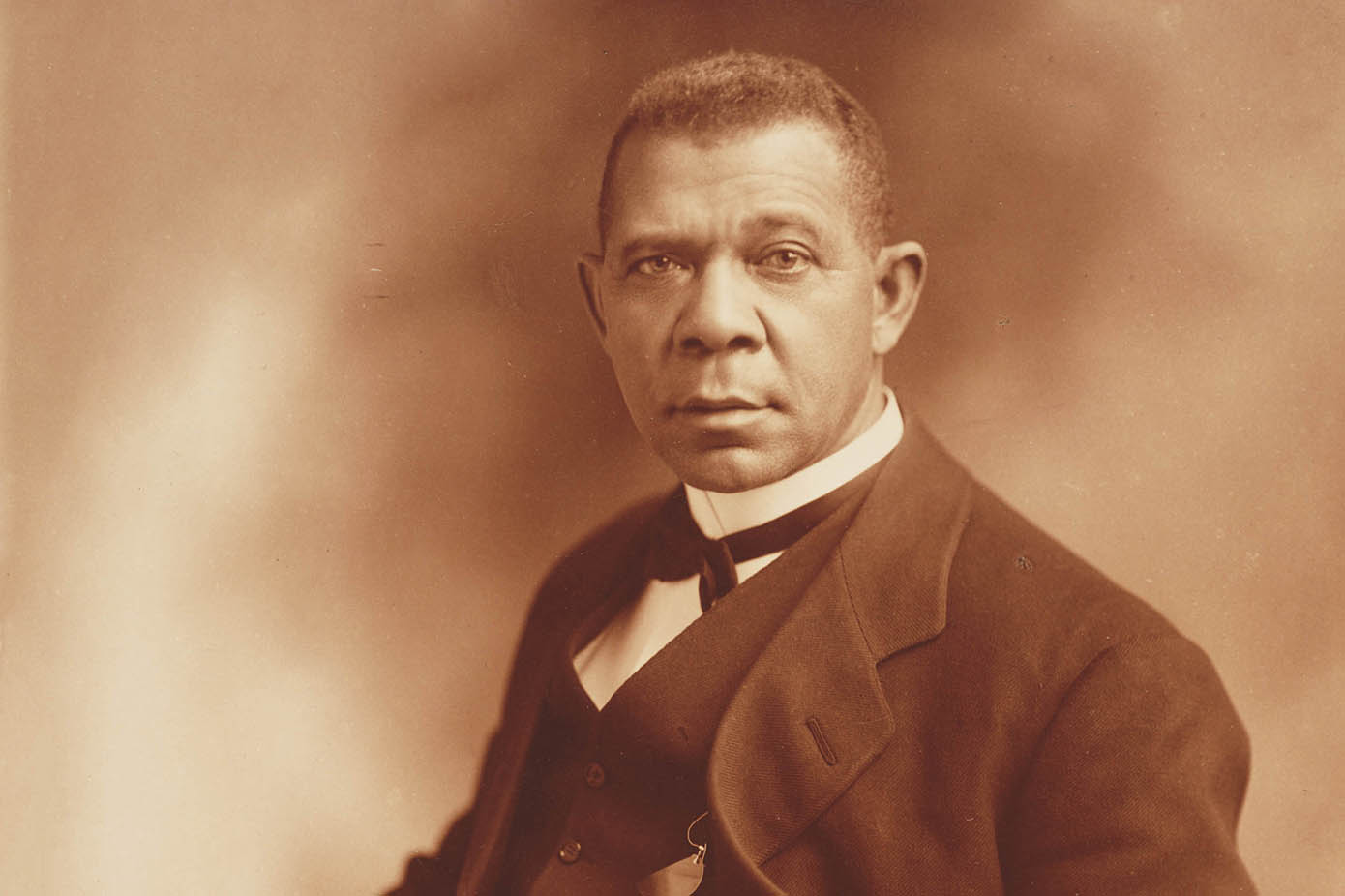Booker Taliaferro Washington was born into slavery on April 5, 1856, in Hale’s Ford, Virginia, on the Burroughs tobacco plantation. His childhood was marked by poverty and hardship, as he experienced the harsh realities of slavery until its abolition at the end of the American Civil War. Despite facing immense challenges, Washington’s innate thirst for knowledge and unwavering determination propelled him on a remarkable journey of self-improvement and service to his community.
After the Emancipation Proclamation, young Booker, like many freed slaves, sought education as a means to escape the cycle of poverty and discrimination. He worked tirelessly, supporting himself through odd jobs and manual labor while attending various schools for African Americans in the South. His dedication caught the attention of General Lewis Ruffner, who provided him with the opportunity to attend the Hampton Institute (now Hampton University) in Virginia, one of the few institutions providing higher education for African Americans.
Most leaders spend time trying to get others to think highly of them,
Booker T. Washington
when instead they should try to get their people to think more highly
of themselves. It’s wonderful when the people believe in their leader.
It’s more wonderful when the leader believes in their people!
You can’t hold a man down without staying down with him.
At Hampton, Washington thrived academically and developed a deep appreciation for the value of vocational education and manual labor. These experiences shaped his educational philosophy, emphasizing practical skills and economic self-sufficiency as essential tools for the advancement of African Americans in a racially segregated society.
After graduating from Hampton in 1875, Washington embarked on a remarkable career in education. In 1881, he was appointed as the first leader of the Tuskegee Normal and Industrial Institute (now Tuskegee University) in Alabama. Under his leadership, Tuskegee grew from a small, struggling institution into a renowned center of African American education, emphasizing agricultural and industrial training alongside academic subjects.
Washington’s approach to education, often termed the “Tuskegee Idea,” emphasized self-help, entrepreneurship, and practical skills tailored to the needs of the African American community. He believed economic empowerment and self-reliance were essential steps towards racial progress and advocated for a gradual approach to achieving civil rights, focusing on economic advancement and education rather than confrontation with white society.
The highest test of the civilization of any race is in its
Booker T. Washington
willingness to extend a helping hand to the less fortunate.
Washington’s pragmatic approach to race relations brought him both admiration and criticism. While some praised his emphasis on economic empowerment and cooperation with white philanthropists, others, including prominent African American leaders such as W.E.B. Du Bois, criticized his accommodationist stance and perceived lack of commitment to securing political and social rights for African Americans.
Despite facing opposition from within and outside the African American community, Washington emerged as one of the most influential leaders of his time. He became a prominent public figure, delivering speeches across the country and building a vast network of supporters, including influential politicians, philanthropists, and business leaders.
Washington’s most famous speech, the Atlanta Compromise Address delivered in 1895 at the Cotton States and International Exposition in Atlanta, encapsulated his philosophy of accommodation and economic self-help. In the speech, he called for cooperation between African Americans and whites, arguing that mutual economic progress would ultimately lead to racial harmony and equality.
Throughout his life, Booker T. Washington remained committed to the cause of African American advancement through education and economic empowerment. He authored numerous books and articles, including his autobiography “Up from Slavery,” which chronicled his journey from slavery to prominence as a leading voice of the African American community.
Booker T. Washington passed away on November 14, 1915, but his legacy as a pioneering educator and civil rights leader endures. His tireless advocacy for African American education and economic empowerment laid the foundation for future generations of African American leaders and activists striving for equality and justice in the United States.
